Publications
Articles, publications, books, tools and multimedia features from the U.S. Institute of Peace provide the latest news, analysis, research findings, practitioner guides and reports, all related to the conflict zones and issues that are at the center of the Institute’s work to prevent and reduce violent conflict.
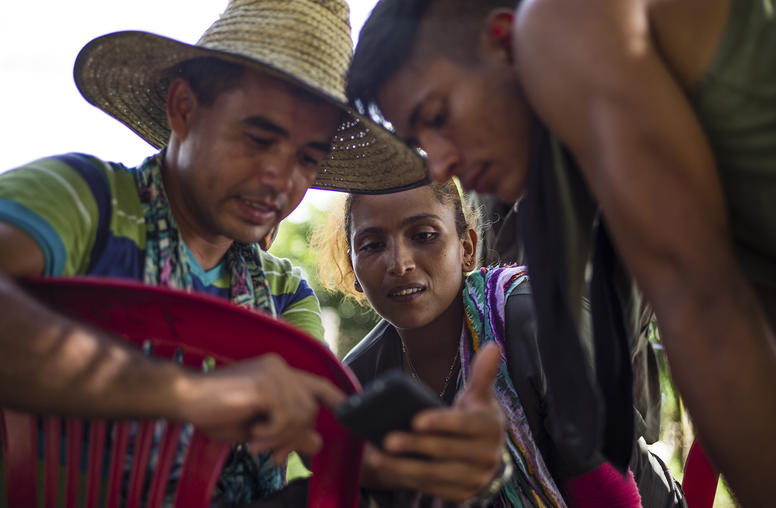
Digital Inclusion in Mediated Peace Processes: How Technology Can Enhance Participation
Inclusion in peace processes is conventionally understood in “offline” terms, such as being physically present at the negotiation table. However, digital technology can support a mediator’s efforts to integrate a broad variety of perspectives, interests, and needs into a peace process. This report explores the current and future practice of digital inclusion, giving a framework for understanding the possibilities and risks, and providing examples of practical ways digital technologies can contribute to mediated peace processes.
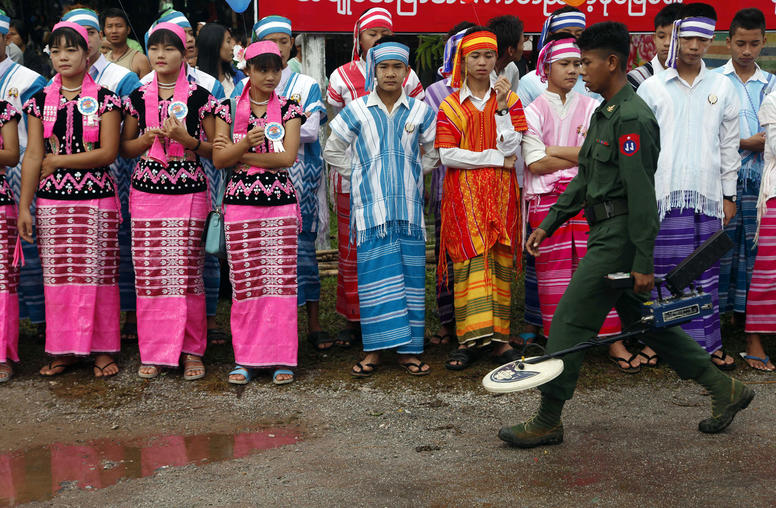
Why Burma’s Peace Efforts Have Failed to End Its Internal Wars
After seven decades of civil war and five failed peace efforts, Burma is no closer than before to reaching an agreement that would bring an end to its many conflicts. Analysis of those previous attempts shows that they all foundered on immutable attitudes on both sides. This report suggests that the peace process needs a fresh start, learning from the past and seeking to resolve underlying political disparities while prioritizing community interests and sustainable development.
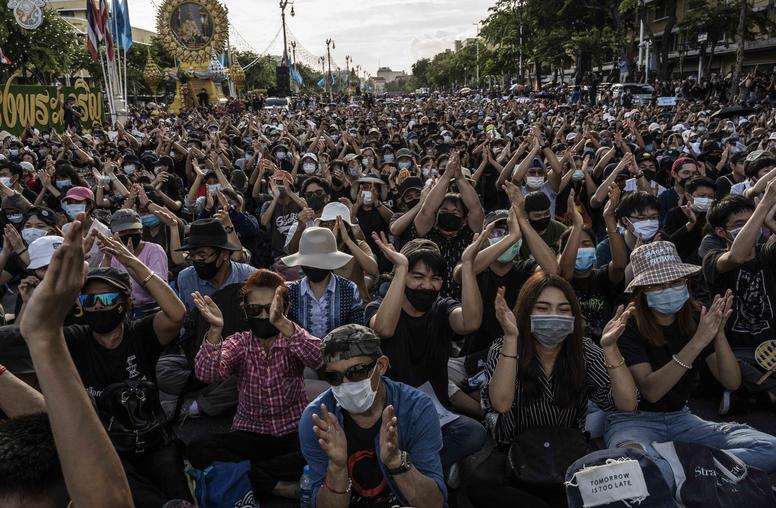
Addressing Fragility in a Global Pandemic: Elements of a Successful U.S. Strategy
The Global Fragility Act (GFA), passed by Congress and signed into law in 2019, requires the State Department, USAID, and other agencies to put in place for the first time a comprehensive strategy to address state fragility, violent conflict, and extremism, relying on best practices that are key to more effective and integrated U.S. policy. This report focuses on six key themes in the legislation, drawing on the expertise of leading peacebuilding and development experts to help generate practical solutions for advancing the GFA.
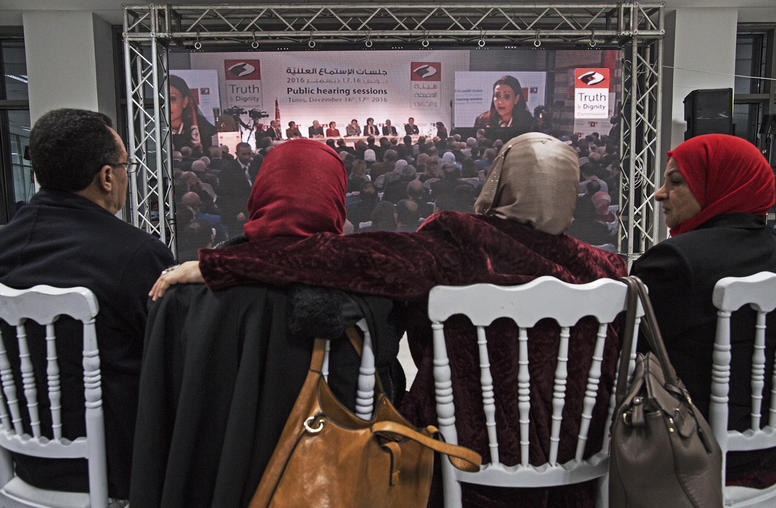
Nonviolent Action and Transitions to Democracy: The Impact of Inclusive Dialogue and Negotiation
Significant dialogue and negotiation processes have taken place in almost all democratic transitions, but these processes alone do not have a significant impact on future democracy. This report presents statistical analysis of all political transitions after nonviolent action campaigns and case studies of transitions in Egypt, Tunisia, and Ukraine to show the importance of inclusion—and in particular the participation of women—to ensure both successful dialogue and that the outcome of that dialogue is a stable democracy.
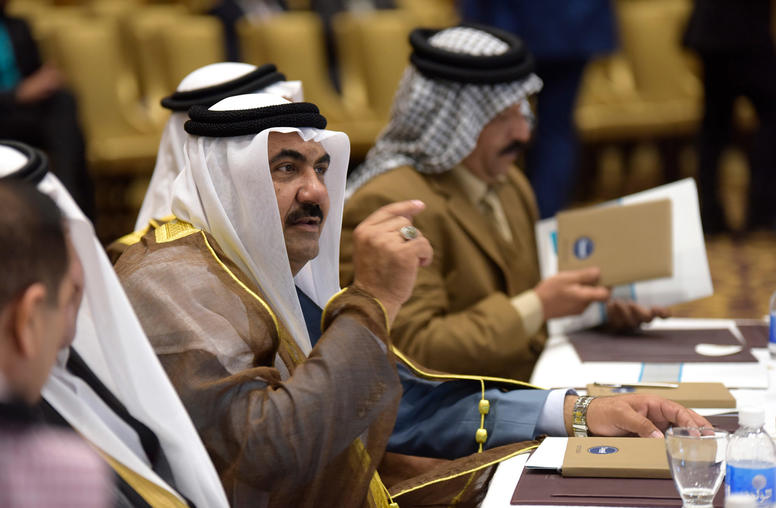
Nurturing and Sustaining Facilitator Networks: Key Considerations for Support Organizations
As more emphasis is placed on the role of national and local efforts in peacebuilding, support organizations may increasingly look for opportunities to bolster national and local facilitator networks. This report shares findings from a meta-review commissioned by the United States Institute of Peace that examined networks it supported in Afghanistan, Colombia, Iraq, Pakistan, and Tunisia. It provides recommendations for creating and sustaining networks that successfully operate with the resources and technical assistance available.
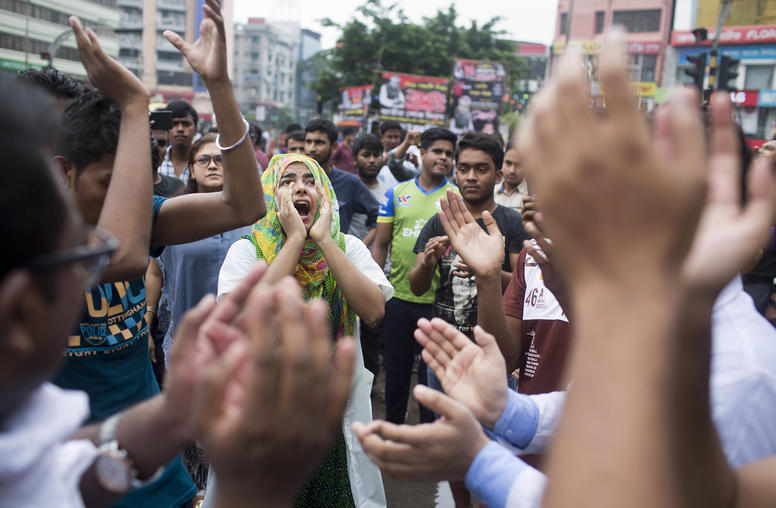
Precarity and Power: Reflections on Women and Youth in Nonviolent Action
Examples abound of women and youth on the front lines of recent nonviolent action campaigns—from Alaa Salah leading demonstrators in Sudan in 2019 to the thousands of young people marching against the coup in Myanmar in early 2021. Yet significant social, cultural, and economic barriers can prevent both women and youth from participating in nonviolent action. This report, based in part on firsthand reports from activists in seven diverse countries, sheds light on these barriers and makes concrete recommendations for maximizing the impact of women and youth in nonviolent action.
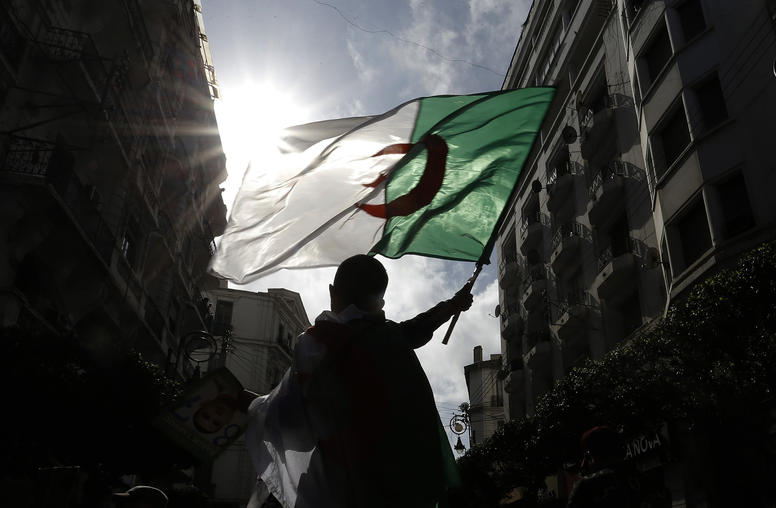
Motives, Benefits, and Sacred Values: Examining the Psychology of Nonviolent Action and Violent Extremism
What motivates one person to engage in acts of violent extremism, while others choose to pursue change through nonviolent action? This report is based on pilot research into the psychological and social dynamics of a nonviolent resistance group—Algeria’s Hirak movement—that employs some of the same measures used to study participation in violent extremist organizations. A deeper understanding of these dynamics, it is hoped, will help practitioners, policymakers, and researchers to identify and support paths away from violent extremism and to strengthen and sustain engagement in nonviolent action.
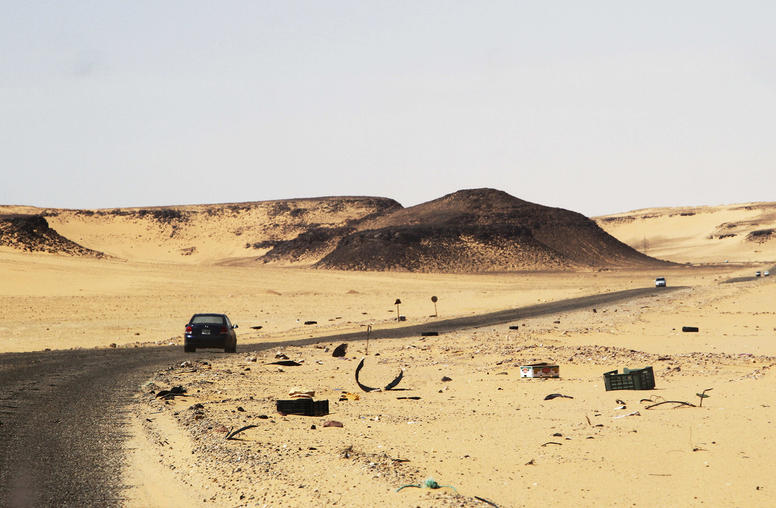
Young and Angry in Fezzan: Achieving Stability in Southern Libya through Greater Economic Opportunity
The Fezzan region of Libya is home both to the country’s largest oil field, making it key to Libya’s oil-based economy, and to some of its direst poverty. Young people have borne the brunt of the region’s chronic development challenges, making them vulnerable to recruitment by armed groups and criminal networks. This report focuses on the grievances of Fezzan’s youth and explores how peacebuilding efforts can channel their needs and aspirations into larger conversations about the region’s long-term political and economic development.
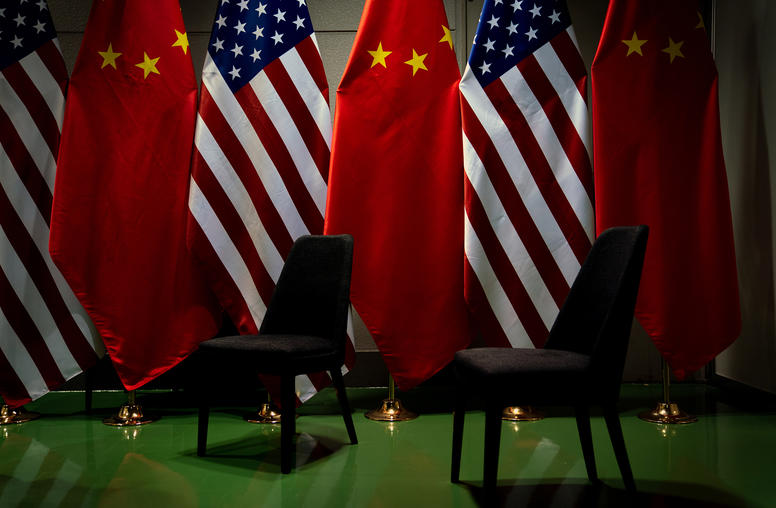
Enhancing U.S.-China Strategic Stability in an Era of Strategic Competition
As strategic competition between the United States and China intensifies, preventing a destabilizing arms race and lowering the risk of military, especially nuclear, confrontation is critical. The essays in this volume—based on a series of workshops convened by USIP’s Asia Center in late 2020—highlight both the striking differences and the commonalities between U.S. and Chinese assessments of the root causes of instability and the drivers of conflict in the nuclear, conventional missile and missile defense, space, cyberspace and artificial intelligence realms.
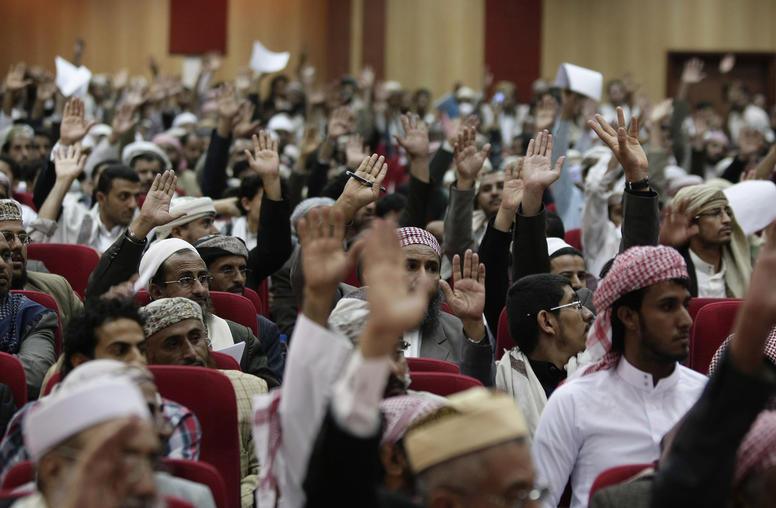
National Dialogues in Peacebuilding and Transitions: Creativity and Adaptive Thinking
At their best, national dialogues hold the promise of adding critical momentum in the drive to transform conflict inclusively. This report examines dialogues in six countries—the Central African Republic, Kenya, Lebanon, Senegal, Tunisia, and Yemen. These diverse processes show the possibilities for fostering dialogue, forging agreements, and driving toward peace; and the report offers extensive guidance on the possibilities and practicalities for those considering convening a national dialogue.